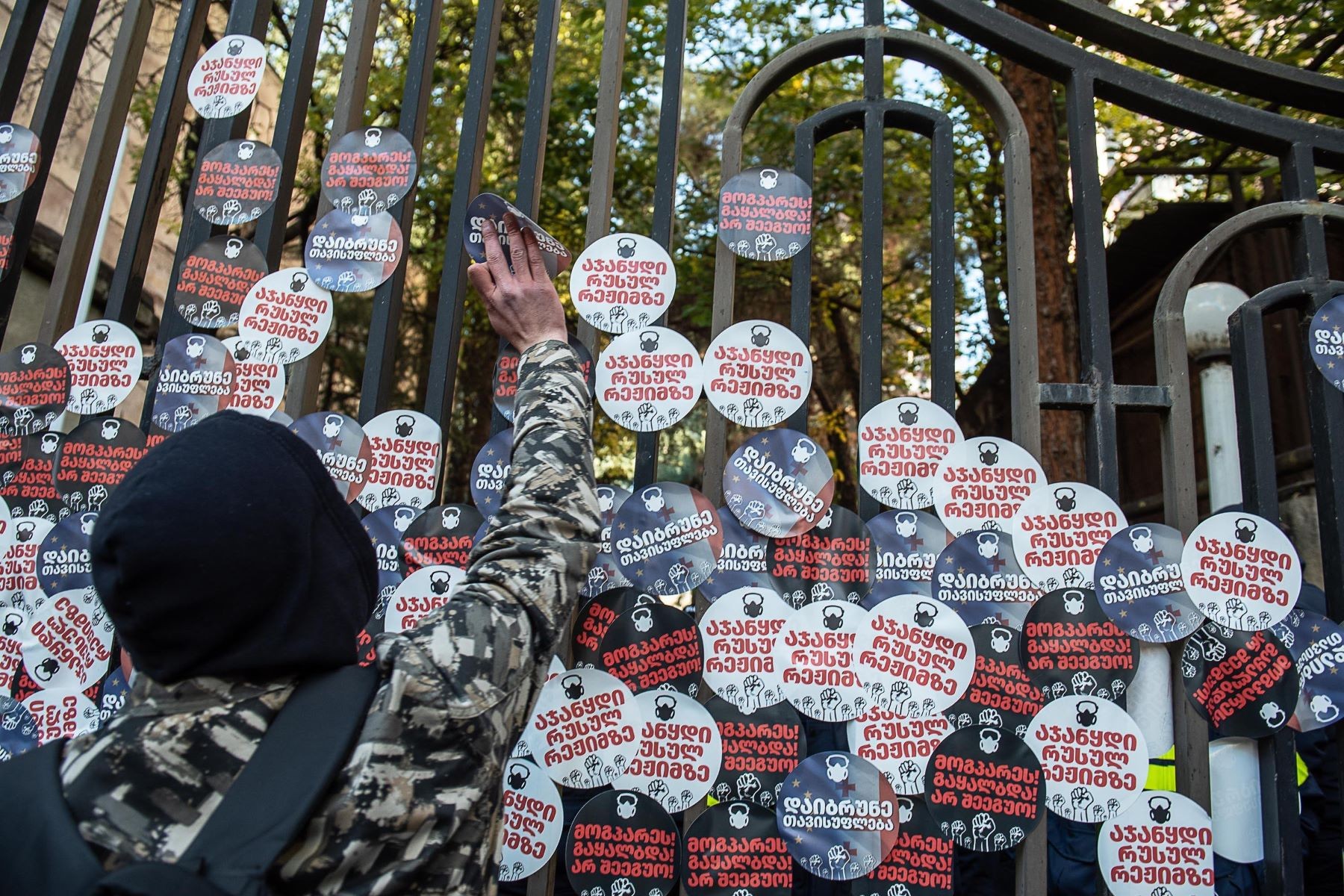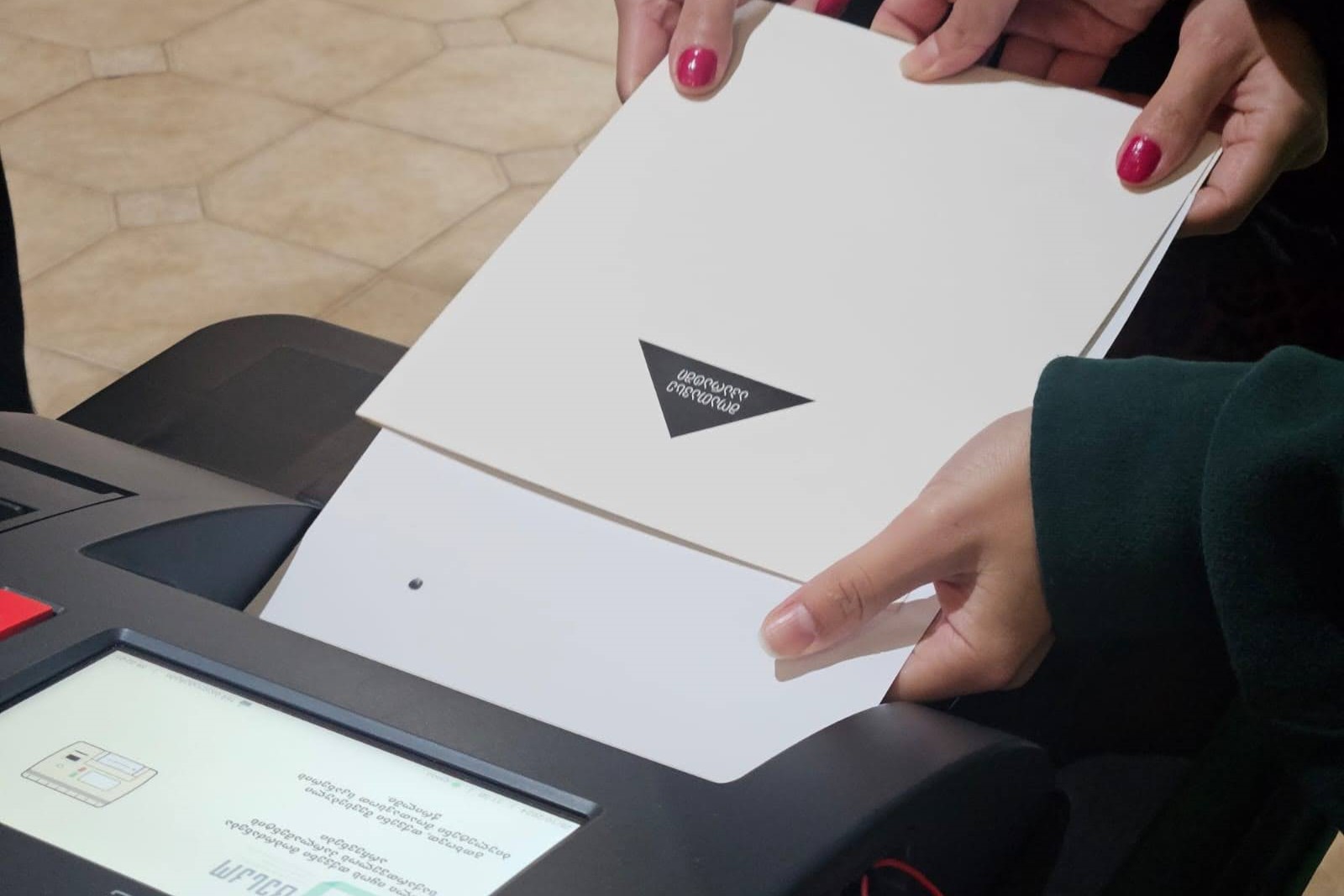Appeals court rules that voter secrecy was not violated in Georgian elections

After more than 20 hours of deliberation, the Tbilisi Court of Appeals ruled against the complaints of local monitoring and human rights organisations regarding violations of the secrecy of the vote in the recent parliamentary elections.
On Thursday, the Tbilisi Appellate Court satisfied only the request of the Central Election Commission (CEC).
The appellate court refused the remaining 26 filings, which were combined into one proceeding.
The Georgian Young Lawyers’ Association’s (GYLA) filed 12 of the 26 cases, all of which were related to the invalidation of the results of all voting precincts in east Georgia which used electronic technology. The remaining 14 complaints were filed by the local election observer coalition WeVote, made up of 29 NGOs, which were related to the annulment of votes in about 150 precincts.
Following the decision, the chair of GYLA, Nona Kurdovanidze, posted on Facebook, writing that ‘2,000,000 citizens learned precisely that there is no court’, castigating the court’s ruling for making it so that it look like it was the ‘voter’s fault’.
[Read more: What OC Media observed during Georgia’s election]
The Court of Appeals also overruled a Tetritskaro District Court decision to invalidate results from around 30 precincts in Tsalka and Tetritskaro, ruling in favour of the CEC.

A panel of judges, including Dimitri Gvritishvili, oversaw the cases.
Civil society organisations have referred to Gvritishvili as a member of the so-called ‘Clan of Judges’, a group believed to be allied with the ruling Georgian Dream party that has deliberately stalled judicial reform.
According to local media, lawyers working on the case requested that Gvritishvili be removed from the case — the request was not granted.
Speaking to Netgazeti, Kurdovanidze said on Thursday that their lawyers had filed several motions to have these cases separated, but that these motions were denied by the court.
‘When we asked why these cases were combined, Dimitri Gvritishvili […] explained that this was done for the purpose that as the Court of Appeals is the last instance for election disputes, judges cannot make different decisions on the same category of cases’.
The decision by the Tbilisi Court of Appeals was preceded by a similar decision made in the Court of Appeals of Kutaisi, western Georgia. At the session on Wednesday, the court heard the complaints of 30 monitoring organisations, the WeVote coalition, and GYLA regarding the secrecy of the vote, but did not satisfy their filings.









